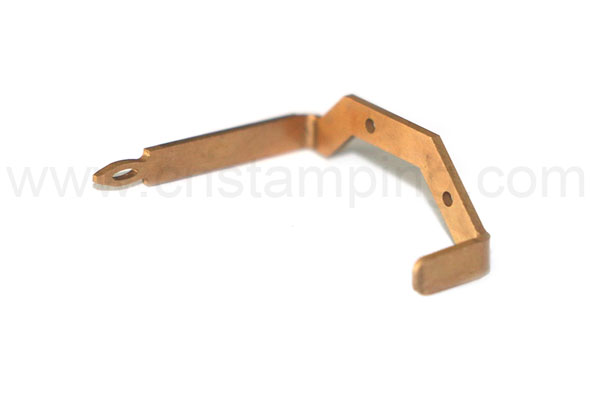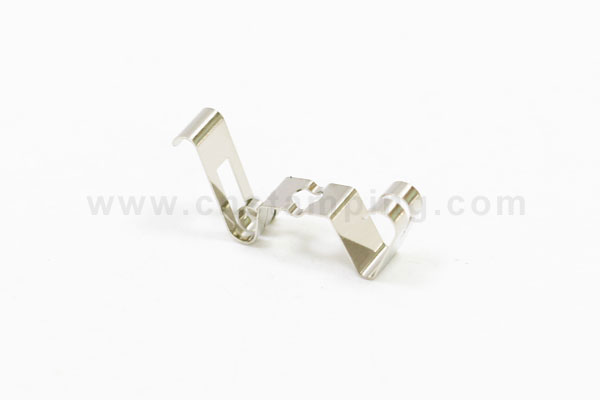Functions of Rapid Precision Stamping Prototypes
Function of Rapid Precision Stamping Prototypes
Before all products are launched, the rationality and feasibility of the design need to be verified. Direct production has great risks. In order to avoid excessive cost losses, making rapid precision stamping prototypes is an inevitable process. Its functions are as follows point:
- Verify Product Design Feasibility
By making precision stamping prototypes, the rationality and manufacturability of the product design can be verified. People can discover design problems and solve them in a timely manner. Then, people can avoid a major adjustments and changes during the mass production stage.
- Reduce Development Cycles and Costs
By producing and testing precision metal prototypes, any potential defects or issues can be identified and resolved in a timely manner. This process helps to enhance the overall quality and stability of the product, ensuring successful production once it is officially launched. Additionally, these prototypes can serve as a valuable reference point for mass production, enabling manufacturers to gain a precise understanding of product requirements and processing procedures. This knowledge can improve production efficiency and boost product quality.
- Provide a Reference for Subsequent Mass Production
People usually use precision metal prototypes as reference samples for mass production, helping manufacturers accurately understand product requirements and processing procedures and improve production efficiency and product quality.

Processing Requirements of Precision Stamping Prototypes
As science and technology continue to progress, prototype manufacturing has benefitted from enhanced technical support, enabling the creation of highly precise prototypes. Simultaneously, heightened social competition has led to customers demanding even greater precision in the products they purchase. The speed of product development has become a primary challenge in maintaining a competitive edge, resulting in increased processing requirements.
- Precision Machining Capabilities
Precision metal prototypes usually require high precision, so they have high requirements on the precision processing capabilities of processing manufacturers, requiring high processing accuracy, good surface finish, and good dimensional stability.
- Quick Response Capability
The production cycle of prototypes is usually tight, which requires the fast response capabilities of processing manufacturers and the ability to produce prototypes that meet the requirements in a short period.
- Diversified Processing Capabilities
Due to the wide variety of prototype designs and production, processing manufacturers’ capabilities must be flexible and diverse. They can carry out customized processing according to the requirements of different products.
- Quality Control Capability
For the processing of precision metal prototypes, quality stability and reliability are very important. Processing manufacturers must have strict quality control measures during the processing process to ensure that the quality of the products is qualified.

Hejustamping-Rapid Stamping Prototypings Manufacturer
Dongguan Heju Precision Electronic Technology Co., Ltd. is a specialized manufacturer of precision stamping parts, boasting state-of-the-art equipment and technology. With a dedicated development center, we offer customized products through mold opening. In addition, we provide prototypes for new product development, streamlining the process for our customers. Our production and management adhere strictly to the ISO9001 quality management system, ensuring that all products meet international standards and exceed customer expectations.
